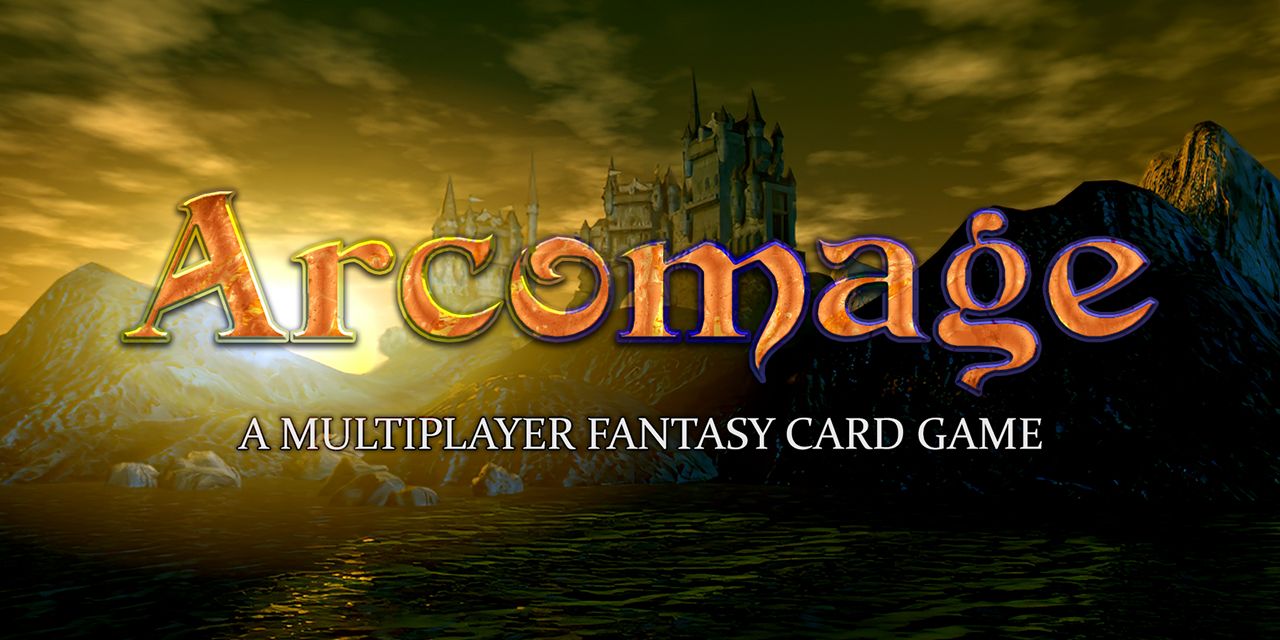Before Gwent, There Was Arcomage
A compelling card-based mini-game that went stand-alone in 2000

With over 50 million copies sold, the Witcher franchise has heralded a paradigm shift in the way role-playing games are perceived today. In no time, a minigame that merely complemented the Witcher experience blew up in popularity. With its own set of core rules and principles, the card game Gwent tied in seamlessly with the franchise’s open-ended nature. It merited a game of its own and went on to bolster the established potential of CD Projekt Red’s legacy. But over two decades ago, the RPG (role-playing game) Might and Magic accomplished a similar feat.
Back in 1999, the innkeepers in Might and Magic VII: For Blood and Honor would tempt unsuspecting players with a game of Arcomage. While the role-playing game had everything from detailed environments to bold quests and bolder monsters, the mini-game was a much-needed departure from the dangers that lurked at every turn. Cracking a cold one open with the boys over a card game is just as fun with vampires and dragon companions.

House of cards
“Though they live and breathe, my enemies may be counted among the dead.” - Deftclaw Redreaver, Might and Magic VIII: Day of the Destroyer
While Arcomage shows up in Might and Magic VII, I played the card game in its sequel, Might and Magic VIII: Day of the Destroyer. While the main campaign and its narrative arcs were developed by 3DO, Arcomage was the brainchild of Stickman Games, a third-party developer. It wouldn’t have been much of a stretch to launch the card game separately. And it’s no surprise that 3DO purchased the game’s rights shortly after its debut.
Just like the Witcher games, one of the side-quests involves you winning a game of Arcomage in every tavern you come across, filling your pockets in the process. While you can play against another player via a LAN or a TCP/IP connection in the stand-alone game, the minigame pits you against a computer-powered enemy. Arcomage tasks you with defending a “tower” and a “wall” with the resources and cards at your disposal. The turn-based minigame hooked players with a core gameplay loop as addictive as the free-to-play card games of today.

One more round
“You have been challenged, Arcomage! The enemy is at the gates and it is now time to put your skills and tactics to the test. Gather your resources, summon your armies and join the battle!”
- an excerpt from a Might and Magic manual
Depending on the tavern your drunk excuse of a team found themselves in, you’ll have to contend with different victory conditions. There are three paths to success: knocking down the opponent’s tower to zero, building your tower up to a certain height, or stockpiling a certain amount of resources. Speaking of resources, every card you play from your 6-part deck will cost you. There are three resources that dictate your spending: bricks, gems, and recruits. Quarries, magic, and dungeons let you control the number of resources you gain each turn. The cards themselves do all sorts of things from building your wall/tower and accumulating resources to wreaking havoc on enemy soil. While there are only a handful of cards in the game, the lack of diversity is refreshing.
Most card games today feature elaborate packs of cards with dozens of unique abilities and counters to keep in mind. Arcomage kept it simple with a limited deck. This choice let me enjoy the game long before the term RPG entered my vocabulary. Deciding between buffing my buildings up and dealing damage to the enemy made for a peaceful change of pace from Might and Magic’s rigorous globetrotting. I loved the game enough to create a paper-and-pen variant of my own, though the scribbles are now lost to time.

Rounds of Arcomage in Might and Magic rarely lasted for more than a few minutes and matches were simple enough that losing was fairly uncommon. While a lucky draw could shift the tide in my favor, I never knew for certain since I couldn’t look at the cards of my AI-powered opponent. The minigame went on to inspire Marcomage, an online card game that expands on the original with new modes, cards, and entire decks that you can bring to a match. Despite all the new bells and whistles, the original Arcomage still feels like a card game distilled to its core elements, having lost none of the fun in the process.
Gwent’s daily rewards can wait. Sink your teeth into a round of Arcomage.
